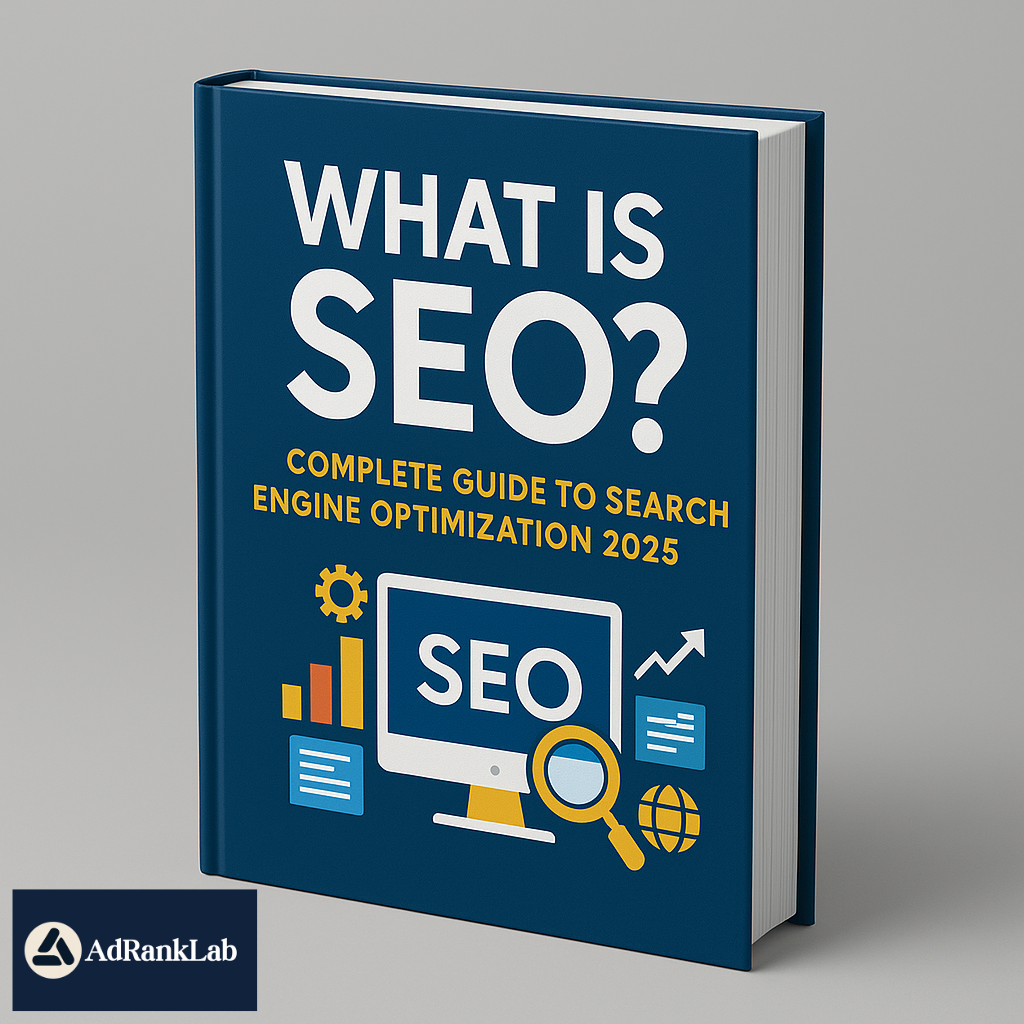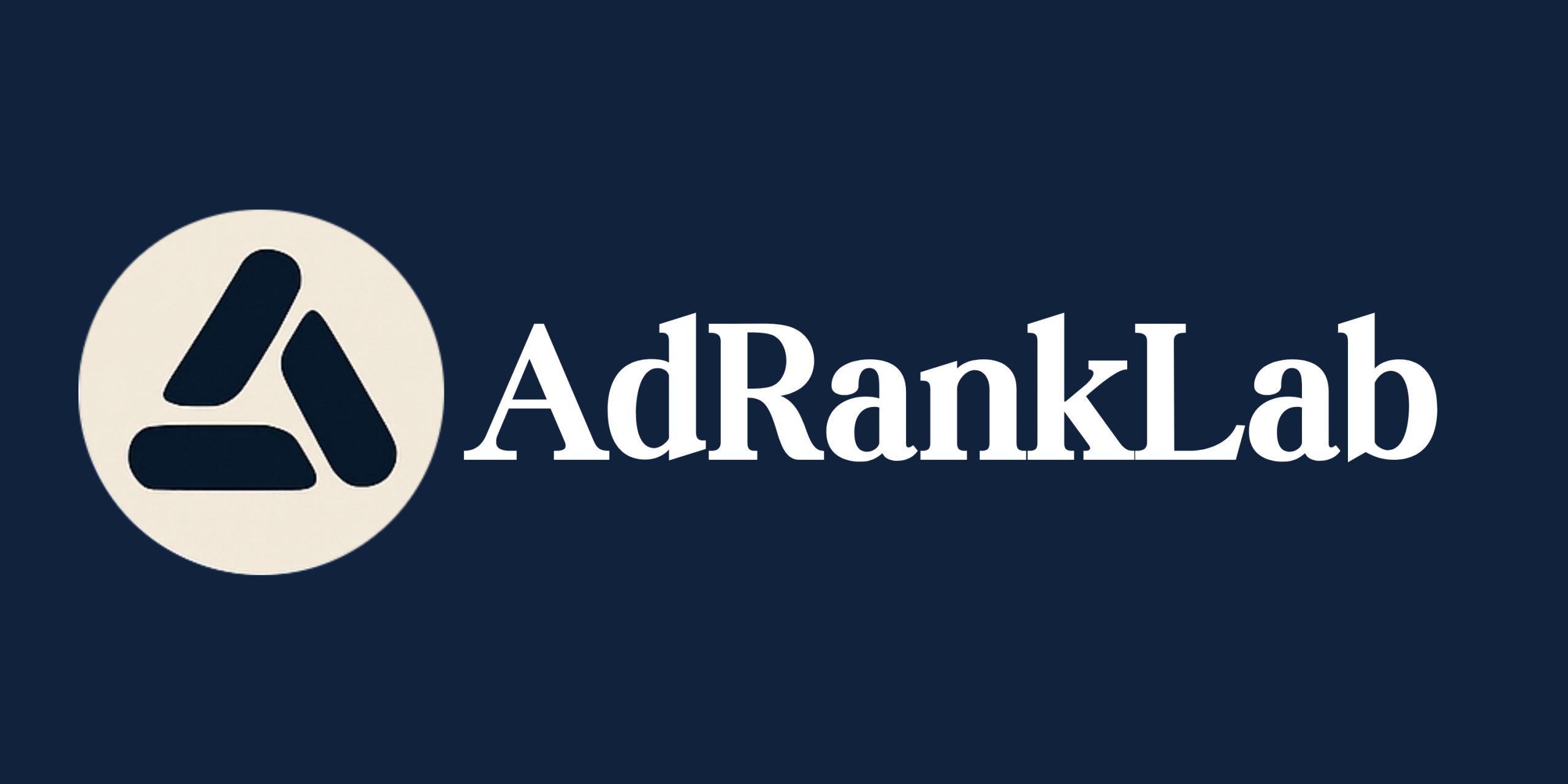Introduction to SEO

Search Engine Optimization (SEO) is the strategic process of enhancing your website’s visibility on search engines like Google, Bing, and Yahoo. If you’re asking “what is SEO?”, you’re not alone. In 2025, as digital marketing evolves rapidly, understanding SEO is more crucial than ever for businesses of all sizes — especially for global corporate offices, eCommerce brands, B2B marketers, and SaaS startups.
According to BrightEdge, 68% of online experiences begin with a search engine, and over 53% of all website traffic comes from organic search. This makes SEO not just a tactic but a core strategy for long-term digital success.
Types of SEO
Understanding the different types of SEO is essential to build a well-rounded strategy.
On-Page SEO
This involves optimizing individual pages on your site to rank higher and earn more relevant traffic. It includes:
- Keyword optimization
- Meta tags
- Image alt text
- Internal linking
- High-quality content
Fact: HubSpot states that content with relevant keywords and structured data sees up to 434% more indexed pages on search engines.
Off-Page SEO
This includes actions taken outside your own website to impact rankings, such as:
- Backlink building
- Social signals
- Influencer marketing
Data Point: Moz reports that high-authority backlinks are still among the top three Google ranking factors.
Technical SEO
Focuses on the backend of your website:
- Site speed
- Mobile responsiveness
- HTTPS security
- Structured data
- XML sitemaps
Fact: Google’s Core Web Vitals are now a critical ranking factor, per Search Engine Journal.
Local SEO
Important for businesses targeting specific geographic areas. Involves:
- Google Business Profile optimization
- Local citations
- Geo-targeted content
Stat: 76% of people who search for something nearby visit a business within a day (Google).
How SEO Works: Crawling, Indexing, Ranking
To truly understand what is SEO, you must grasp how search engines work.
Crawling
Search engines use bots (also called spiders) to discover content across the web.
Indexing
Once crawled, the content is stored in a massive index. Proper metadata and structure help ensure your pages are indexed correctly.
Ranking
Search engines use complex algorithms to determine which pages are most relevant for a query. Ranking factors include:
- Relevance
- Page speed
- Backlinks
- Domain authority
- User experience
Stat: According to Ahrefs, only 0.63% of Google searchers click on something from the second page.
Benefits of SEO for Businesses
SEO isn’t just about traffic — it’s about meaningful business outcomes.
- Cost-Effective Marketing: Unlike paid ads, SEO provides sustained visibility.
- High-Quality Leads: Organic visitors typically convert better.
- Brand Credibility: Ranking on Google builds trust.
- Better User Experience: SEO involves optimizing site speed, design, and structure.
Fact: Companies that invest in SEO are 13x more likely to achieve a positive ROI, per Search Engine Journal.
SEO vs. Paid Advertising
| SEO | Paid Ads |
|---|---|
| Long-term traffic | Immediate but temporary traffic |
| Organic trust | Paid visibility |
| Lower ongoing costs | Continuous ad spend |
| Results build over time | Results stop when ads stop |
Stat: Google Ads have a 3.17% average CTR, while organic SEO gets 10x more clicks (Moz).
Key Google Ranking Factors in 2025
SEO in 2025 involves staying updated with Google’s changing algorithm.
- Helpful Content: Google’s Helpful Content System prioritizes user-first content.
- Core Web Vitals: LCP, FID, and CLS are more significant than ever.
- Mobile Usability: Over 63% of searches come from mobile devices (Statista).
- EEAT (Experience, Expertise, Authoritativeness, Trust)
- Search Intent Alignment
Common SEO Tools and Platforms
Here are the most used tools in 2025 for successful SEO:
- Google Search Console: Indexing and performance insights
- Ahrefs: Backlink analysis and keyword research
- SEMRush: All-in-one suite for competitive research
- Moz Pro: On-page and technical audits
- Surfer SEO: Content optimization
- Screaming Frog: Deep technical audits
Fact: 78% of marketers say SEO tools directly contribute to their campaign ROI (HubSpot).
AI’s Role in SEO (2025)
Artificial Intelligence is transforming how SEO works:
- Content Optimization: AI tools like Surfer and Jasper improve SEO writing.
- Voice Search Optimization: With 52% of users preferring voice search (Google), NLP has become critical.
- Search Behavior Prediction: AI can forecast keyword trends.
Insight: AI-based SEO strategies are helping marketers reduce manual workload by 30% (Search Engine Journal).
SEO Strategy for Businesses in 2025
To build a winning SEO strategy in 2025:
- Audit Your Website: Use Screaming Frog or SEMrush.
- Set Clear Goals: Traffic, leads, rankings.
- Keyword Research: Focus on long-tail, intent-based queries.
- Create Value-Driven Content: Inform, educate, and engage.
- Build Authority: Backlinks, social shares, and mentions.
- Measure Everything: Google Analytics, GSC, conversion tools.
Tip: Update older content quarterly to maintain rankings.
How SEO Supports Lead Generation and Brand Visibility
- Increased Reach: Appear where your audience is searching.
- Qualified Leads: SEO aligns with buyer’s journey stages.
- Evergreen Funnel: SEO content continues working for you.
Stat: B2B companies report 67% more leads per month through SEO vs. outbound marketing (HubSpot).
Mobile SEO: A Must-Have in 2025
With mobile-first indexing now standard, mobile SEO is essential.
- Responsive Design: Sites must be fully functional on all devices.
- Fast Loading Times: Google favors mobile speed.
- Mobile UX: Buttons, navigation, and readability matter more than ever.
Stat: 74% of users are more likely to return to mobile-friendly websites (Google).
Voice and Visual Search in SEO
SEO is no longer just text-based.
- Voice Search Optimization: Use conversational keywords and FAQs.
- Visual Search: Tools like Google Lens are gaining traction, making image SEO critical.
Insight: 36% of consumers have used visual search and prefer brands that support it (Business Insider).
Video SEO: Driving Engagement
Videos help improve time-on-site and user engagement.
- YouTube SEO: Use keyword-rich titles, tags, and transcripts.
- Embed Videos on Landing Pages: Boost dwell time and conversions.
- Optimize Video Thumbnails: Catch attention in SERPs.
Stat: Video content is 50x more likely to drive organic search results than plain text (Forrester).
International SEO and Multilingual Strategies
If your business operates globally, international SEO matters.
- Hreflang Tags: Ensure content targets the correct language and region.
- Country-Specific URLs: Use subdomains or subfolders strategically.
- Cultural Relevance: Adapt keywords and content tone for each market.
Fact: Businesses with localized SEO strategies see a 30% increase in conversions in foreign markets (Search Engine Land).
Pro Tips and Mistakes to Avoid
Pro Tips:
- Prioritize search intent
- Use schema markup
- Focus on UX/UI
- Implement topic clusters
- Earn featured snippets
Common Mistakes:
- Ignoring mobile
- Keyword stuffing
- Duplicate content
- Neglecting technical SEO
Insight: 91% of content gets zero traffic due to poor SEO execution (Ahrefs).
FAQs
Q1: What is SEO and why is it important? SEO stands for Search Engine Optimization. It’s essential because it drives organic traffic and builds trust online.
Q2: How long does SEO take to show results? Typically 3–6 months for noticeable results, depending on industry and competition.
Q3: Is SEO still worth it in 2025? Absolutely. Organic search continues to be the most cost-effective traffic source.
Q4: What are the best tools for SEO in 2025? Ahrefs, SEMrush, Google Search Console, Moz Pro, and Surfer SEO are top choices.
Q5: Can I do SEO myself or should I hire an agency? While you can start SEO on your own, working with experts like AdRankLab ensures faster and better results.
Conclusion: Ready to Start Your SEO Journey?
If you’re still wondering “what is SEO?”—it’s the key to unlocking growth, visibility, and credibility in the digital world. Whether you run a SaaS startup, a B2B enterprise, or an eCommerce brand, SEO offers a scalable way to reach your ideal audience globally.
🚀 Let AdRankLab help you build an SEO strategy that works in 2025 and beyond.
Contact us today for a free consultation and start optimizing your business for the future.



8 thoughts on “What is SEO? A Complete Guide to Search Engine Optimization”